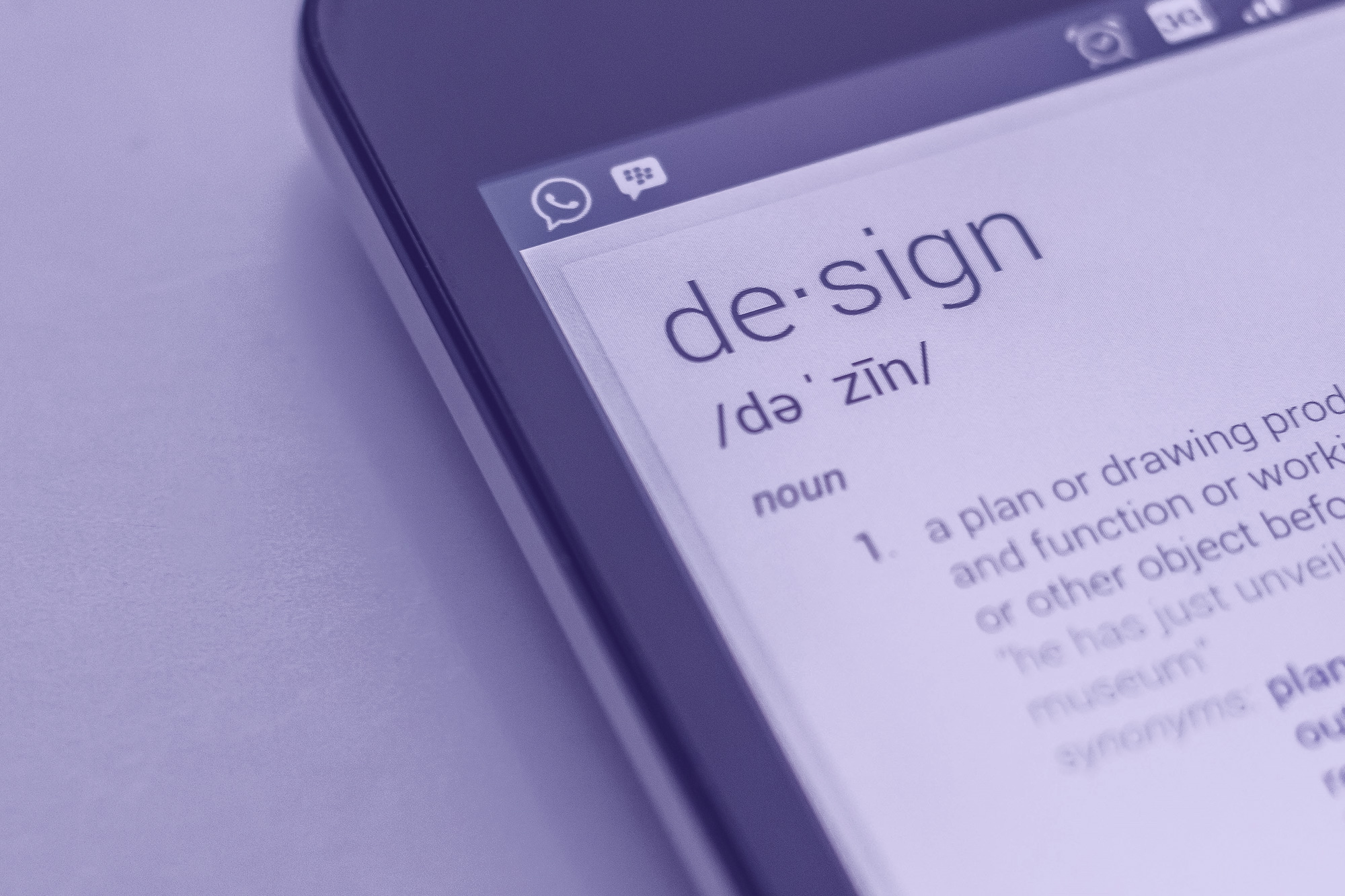Hello buddies, hoy os traemos algunos de los usos más frecuentes de las preposiciones AT, IN, ON.
Si, si, con éstas nos liamos bastante tanto si las usamos como preposiciones de tiempo o de lugar/posición. A ver si hoy arrojamos un poquito de luz y con este post os aclaramos los usos más importantes.
Vamos por partes:
AT, IN, ON prepositions of time
We use IN for periods of time, months, years, seasons, decades, morning, afternoon, evening.
For example: in six months, in the nineties (90’s), in a moment, in two days, in ten minutes, in the summer, in 2018, in the morning, in February…
We use ON for days and date, the weekend (US)
For example: on July 20th, on Saturday, on the weekend (US), onTuesday morning, on my birthday, on New Year’s day, on Christmas’ Eve…
We use AT for precise times, festivals, holiday periods, the weekend (UK) and night.
For example: at Christmas, at night, at the weekend(UK), at 10 o’clock, at Easter, at lunchtime…
We don’t need to use these preposition with some time expressions
For example: next week, tomorrow, this afternoon, yesterday, today, last winter…
AT, IN, ON prepositions of place
At a point, in an area, on a surface.
We can use at to mean «a reference or meeting point» or in to mean «inside».
For example:
She’s usually at the office in the mornings.
We’ll have a meeting in the conference room.
We can say we are at the office or in the office.
At is mainly used with
-Public places, buildings: at the airport, at the bus stop, at the office, at the shopping centre, at the hospital, at the hotel, at the doctor’s, at the hairdressers’…
-Events: at a concert, at a party, at a meeting, at a wedding, at a dinner…
We also say that someone is: at home, at work, at school, at university.
In is mainly used with
-Cities, towns, countries (and other large areas): in Europe, in Paris, in the Pacific Ocean, in the Mediterranean, in the Sahara…
-Outside areas: in the garden, in the park, in the pool, in the street…
-Rooms: in the kitchen, in the bedroom…
We say that someone is in hospital / in prison if they are there as patients / prisoners.
We can say we are at the hospital visiting someone.
Esperamos que a partir de ahora os resulte un poco menos confuso utilizar estas preposiciones taaaan comunes. 😉

Hey buddies, el post de hoy es especial porque te contamos qué diccionarios de inglés molan y por qué.
Antes de empezar, un par de aclaraciones:
Nos centraremos en diccionarios de inglés online, aunque en muchos de los casos existen diferentes ediciones impresas de los mismos.
Hablaremos de diccionarios monolingües, es decir, los que usamos para buscar una palabra directamente en inglés, para ver la definición, ejemplos, pronunciación, etc.¿Por qué? Porque nuestro objetivo es aprender inglés verdad? pues que mejor que ir directamente a la fuente y ver todas las posibilidades de la palabra que estamos buscando.
Aunque en muchos de los que te presentamos hay también apartados para buscar en inglés-español, español-inglés y al final también mencionaremos cuál es, en nuestra opinión, el mejor diccionario de inglés bilingüe (español-inglés) cuando necesitas traducir una palabra.
Are you ready? Let’s start!
Empezamos con los diccionarios de inglés «grandes» que todos conocemos y por algo será:
Oxford
Lo que nos gusta: puedes hacer búsqueda de la palabra en inglés, puedes seleccionar inglés británico (UK) o americano (US) y también puedes buscar palabras similares en la pestaña de «thesaurus».
¿Qué es un thesaurus?
Es un tipo de diccionario que te muestra palabras similares a la que has buscado, normalmente agrupando por listas o por palabras relacionadas con el tema en cuestión, en muchos casos aparecen también sinónimos e incluso antónimos. Es genial para aprender y ampliar vocabulario! Más adelante te contamos cuál de todos éstos diccionarios de inglés tiene nuestro thesaurus favorito.
Aunque encontrarás todo esto en varios de los que te presentamos, como añadido, tiene también diccionario inglés-español, español-inglés y un apartado de traductor.
Cambridge
Lo que nos gusta: muy completo con respecto a definiciones y ejemplos, en mucho casos incluye una parte de thesaurus y a veces aparece el «nivel» de la palabras, es decir, indica si es una palabra adecuada a uno de los niveles del marco común de referencia (A1, A2, B1, B2, C1, C2) aunque no aparece en todas las palabras.
Otra cosa que nos encanta es que puedes escuchar la pronunciación de cada palabra en inglés británico (UK) o americano (US).
Collins
Lo que nos gusta: además de ser también muy completo en cuanto a definiciones y ejemplos e incluye apartado de thesaurus, es que tiene algo diferente, el indicador de «word frequency», que nos ayuda a saber con cuánta frecuencia se usa esa palabra, así podemos poner más esfuerzo en aprender palabras de uso más común.
Merriam Webster
Lo que nos gusta: es un clásico y el diccionario de inglés de referencia si estás más centrado en aprender inglés americano.
Tiene un diccionario específico para «learners«.
Los siguientes quizá no sean tan conocidos pero tienen cosas que están bastante bien.
Macmillan
Lo que nos gusta: no es de los más conocidos, pero la parte de thesaurus está muy bien, nos gusta la forma en la que agrupa palabras relacionadas.
Discrimina entre inglés británico (UK) o americano (US).
Longman
Lo que nos gusta: la claridad en las definiciones y ejemplos, que se agradece, porque en algunos diccionarios de inglés nos encontramos con ejemplos un poco «complicadillos». Utilizan ejemplos más «simples» por decirlo de algún modo pero también incluyen ejemplos de un corpus.
¿Qué es un corpus?
en el contexto lingüístico, un corpus es una colección de textos que muestra como se usa el lenguaje en el «mundo real», es decir, los ejemplos que te muestran pueden pertenecer por ejemplo a obras literarias, periódicos, investigaciones… y se utilizan para analizar cómo se hace uso del lenguaje.
Otra cosa que nos encanta es que a veces tienen unos «cuadritos» de gramática y vocabulario que te aclaran muchas cosas, mira éste ejemplo (y haz scroll hasta el final)
Tiene cuadro con «collocations» (palabras que suelen aparecen con say), cuadro de thesaurus (otras palabra para decir say) y cuadro con la diferencia entre say & tell. ¿A que es fantástico?
Dictionary.com / Thesaurus.com
Lo que nos gusta: más que por la parte de diccionario, que está bastante bien, y a modo curiosidad incluye un apartado de origen de las palabras, lo que nos gusta es la parte de thesaurus, es nuestro favorito! Busca cualquier palabra y encontrarás pequeñas pestañitas para cada uno de los significados, y en cada una de ellas encontrarás sinónimos, antónimos y palabras relacionadas. La mejor forma de encontrar la palabra exacta que buscas en cada caso.
Estamos llegando al final y comentábamos al principio que también mencionaríamos cuál es, en nuestra opinión, el mejor de los diccionarios de inglés bilingüe (español-inglés) cuando necesitas traducir una palabra. Pues efectivamente es wordreference!
Lo que nos gusta: no creo que haya que dar muchas explicaciones porque todos lo usamos muy a menudo y es genial cuando solo sabes la palabra en español. Además incluye muchas expresiones idiomáticas y si no están en el diccionario, puedes buscar en el foro. Eso sí, una vez tengas la palabra en inglés, te recomendamos que la busques después en un diccionario monolingüe para asegurarte de que es la más adecuada para lo que quieres decir.
No podemos dejar de mencionar urban dictionary
Es necesario aclarar que no es un diccionario «oficial», sino que las definiciones y ejemplos son aportaciones de usuarios. Verás cosas muy raras a veces pero si quieres saber algo más de «slang», jerga o lenguaje más coloquial puedes echarle un vistazo por ejemplo, para entender algo que has oído en una canción o en una serie.
Hasta aquí nuestra review de diccionarios de inglés (online) que molan, esperamos que ahora que los conoces un poco mejor te animes a «investigar» y a sacarles partido, pueden ayudarte mucho en tu aprendizaje del inglés.

Uno de los propósitos de año nuevo más frecuentes es el de aprender inglés. Si has llegado a este post es porque te lo has propuesto again este año, pues en el post de hoy te traemos algunos trucos para llevarlo a cabo y no morir en el intento.
Empezamos por lo básico, al aprender cualquier idioma lo más importante es «hacer oído» o desarrollar tus listening skills. Piensa como aprenden los niños su lengua materna, no saben leer ni escribir y mucho menos gramática. Están acostumbrados a escuchar el idioma y poco a poco van aprendiendo palabras y estructuras simples que cada vez van siendo más complejas.
Pues el primer truco es escuchar y recibir tanto «input» como te sea posible, en la radio, la tv, viendo series, podcasts, escuchando tus canciones favoritas, etc. Hasta ver los dibujos con los niños te puede ayudar a familiarizarte con los sonidos y la entonación a la hora de aprender inglés.
Para mejorar tu pronunciation por ejemplo, puedes practicar con las letras de tus artistas favoritos y cantar, da igual que desafines, te ayudará con la pronunciación y sobre todo aprenderás a ir encadenando frases y palabras más naturalmente.
También puedes grabarte y ver qué tal lo haces, porque al hablar a veces tendemos a decir palabra tras palabra y no suena natural, parecemos un poco «robot». Si por ejemplo decimos «hausitgoing» suena más natural que decir «How-is-it going?» palabra por palabra. Además a medida que lo vayas interiorizando, poco a poco puedes ir aumentando la velocidad al hablar.
Repasa estructuras y gramática, que la base la tengas dominada, no es necesario ponerse a estudiar como si opositaras, pero si darle un repasito a cosas básicas como tiempos verbales, pronombres, adjetivos, verbos y expresiones comunes básicos (con verbos como have, take, get, go, etc) hasta que construyas una buena base que te permita comunicarte. El objetivo principal es que tengas recursos suficientes para hacerte entender, aunque sea de una manera más simple. Ya tendremos tiempo de ir mejorando y de introducir más complejidad y más vocabulario.
Ahora hay que poner en forma el speaking, aquí sintiéndolo mucho, no hay atajos, si quieres hablar lo que toca es hablar! para poner en práctica esas estructuras y vocabulario que vas aprendiendo. Habla aunque sea contigo mismo, si, en serio, aunque parezca de locos, esos diálogos internos que tenemos con nosotros mismos los puedes repetir en inglés. Un aspecto muy importante, dilo en voz alta, porque cuando lo pensamos suena todo perfecto en nuestra mente pero cuando lo decimos y las palabras salen por la boca, eso amigos es otra historia… Por ejemplo, si estás haciendo las tareas de la casa, puedes ir describiendo todo lo que haces.
Está claro que lo ideal para no parecer demasiado loco es practicar tu speaking con otra persona. Si entre tus amigos, compis de curro, de piso, etc hay alguien que habla inglés, perfecto! practicad juntos, incluso si los dos sois Spanish speakers. El objetivo aquí es irse soltando poco a poco y coger confianza, tú de momento suéltalo y a ver qué pasa.
Si lo que quieres es practicar tu speaking y además con un profe, puedes probar nuestras free clases. Estas clases son sesiones a través de video-conferencia con un trainer, están muy enfocadas a desarrollar precisamente la fluidez y el speaking, con temas diferentes cada día que te ayudarán a aprender inglés de una forma más amena.
La motivación es muy importante, haz cosas que ya te gusten en inglés. No te pongas a leer en inglés si habitualmente no lees, porque la obligación será doble y esto puede hacer que te desmotives más fácilmente. Busca información sobre tus temas favoritos, sigue bloggers en inglés, mira de nuevo tus series favoritas, esta vez en inglés o escucha podcasts. Conviértelo en un hábito, así estarás aprendiendo sobre dos cosas al mismo tiempo.
Por último ten paciencia. No te castigues si no avanzas tan rápido como te gustaría. Sé constante, esto es una carrera de fondo y es cierto que hemos pasado mucho tiempo estudiando gramática y vocabulario y muy poco hablando, lo importante es seguir avanzando y no desanimarse. Ve poco a poco y haz pequeños intervalos pero con mucha frecuencia, valen más 10-15min cada día prestándole atención, que ver de vez en cuando una peli de dos horas y no enterarte de nada.
Ahora que ya conoces todos estos trucos sólo queda ponerte manos a la obra para aprender inglés, y recuerda que si quieres avanzar más rápido en .metoo podemos ayudarte.

